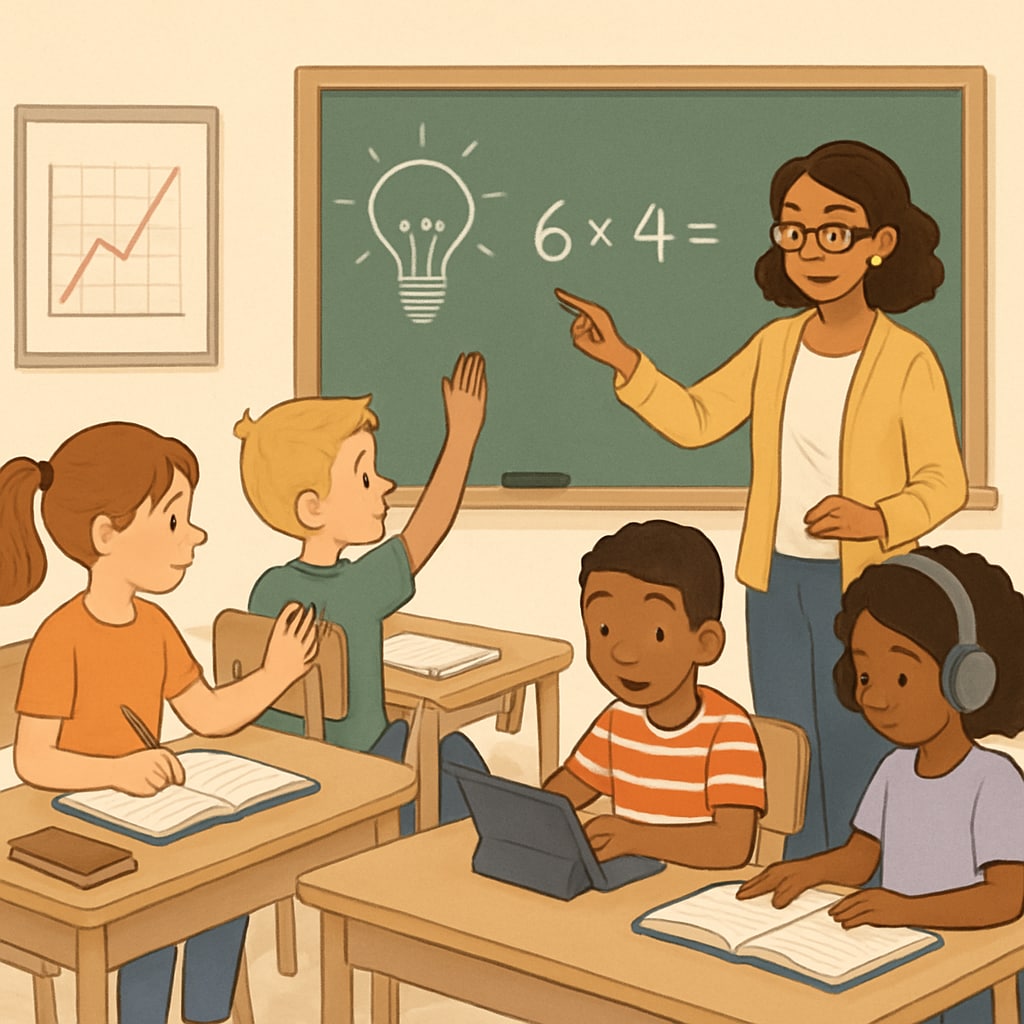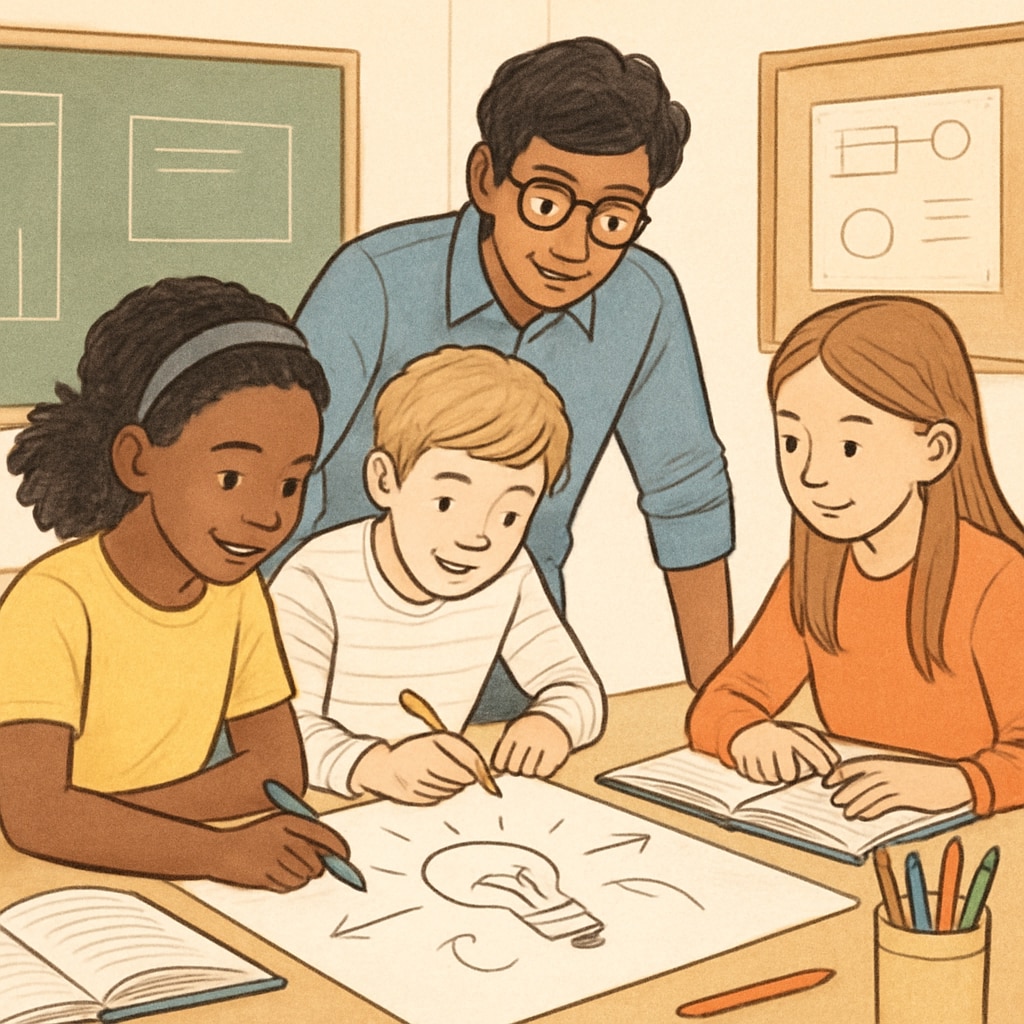Gifted education, ADHD, standardized testing systems often fail to identify and support students with ADHD who demonstrate extraordinary potential. Despite their unique abilities, these students are frequently excluded from programs designed to nurture gifted individuals, creating an educational gap that hinders their development. This article examines the reasons for this oversight and proposes strategies to adapt gifted education frameworks to accommodate diverse learning needs.
Challenges in Identifying Gifted ADHD Students
ADHD (Attention-Deficit/Hyperactivity Disorder) students often present a paradoxical profile. On one hand, they exhibit exceptional creativity, problem-solving skills, and intellectual abilities. On the other hand, their struggles with focus, impulsivity, and executive function can mask their true potential during standardized testing—a method heavily relied upon by gifted education programs. This reliance on rigid assessments creates a barrier for ADHD students, whose strengths often lie outside traditional academic metrics.

For example, a child with ADHD might excel in generating innovative solutions to complex problems but struggle to complete a timed test due to attention challenges. As a result, their giftedness remains unrecognized, pushing them into environments where their potential is underutilized or misunderstood.
Why Standardized Testing Falls Short
Standardized tests are designed to evaluate specific academic skills, such as reading comprehension, logical reasoning, and mathematical aptitude. However, they fail to capture broader indicators of intelligence, such as creativity, emotional intelligence, and out-of-the-box thinking—qualities often exhibited by students with ADHD. Moreover, ADHD students may experience test anxiety or difficulty following rigid instructions, which can further skew their results.
This limitation is not unique to ADHD students but affects many children with non-traditional learning profiles. According to Britannica’s article on intelligence, intelligence encompasses a wide range of cognitive abilities that go beyond standard academic performance, yet current gifted education systems rarely account for this diversity.
Reimagining Gifted Education Programs
To bridge the gap and support ADHD students, educators and policymakers must rethink how giftedness is identified and nurtured. Below are several strategies:
- Holistic Evaluations: Incorporate multiple measures of giftedness, including teacher observations, parent insights, and creative portfolios, alongside standardized tests.
- Flexible Testing Conditions: Allow ADHD students to take assessments in environments tailored to their needs, such as extended time or reduced distractions.
- Strength-Based Approaches: Focus on areas where ADHD students excel, such as creativity, leadership, or unique problem-solving abilities.
- Professional Training: Train teachers and evaluators to recognize gifted traits in students with ADHD and other learning differences.

As a result of these changes, gifted education programs can become more inclusive and better equipped to serve a wider range of students. In addition, these adaptations benefit all children by fostering a more comprehensive understanding of intelligence and potential.
Moving Forward: Inclusion as a Priority
Inclusive gifted education is not just about accommodating ADHD students; it’s about redefining what it means to be gifted. By expanding evaluation criteria, educators can uncover hidden talents and empower students to thrive in environments that appreciate their unique contributions. For example, recognizing ADHD students’ ability to think creatively could lead to innovations in science, art, or technology.
In addition, building inclusive systems benefits society at large. Programs that nurture diverse minds can produce future leaders who are equipped to approach challenges from multiple perspectives. As noted by Wikipedia’s entry on creativity, fostering creative thinking is essential for progress in all fields, making it crucial to integrate this into gifted education frameworks.
Ultimately, addressing the disconnect between ADHD students and gifted education is not a minor adjustment—it’s a necessary step toward a more equitable and innovative future. By doing so, educators can ensure that no genius is left behind.
Readability guidance: This article uses short paragraphs, lists, and clear transitions to enhance readability. Overly complex sentences and excessive passive voice have been avoided to ensure accessibility to a wider audience.


